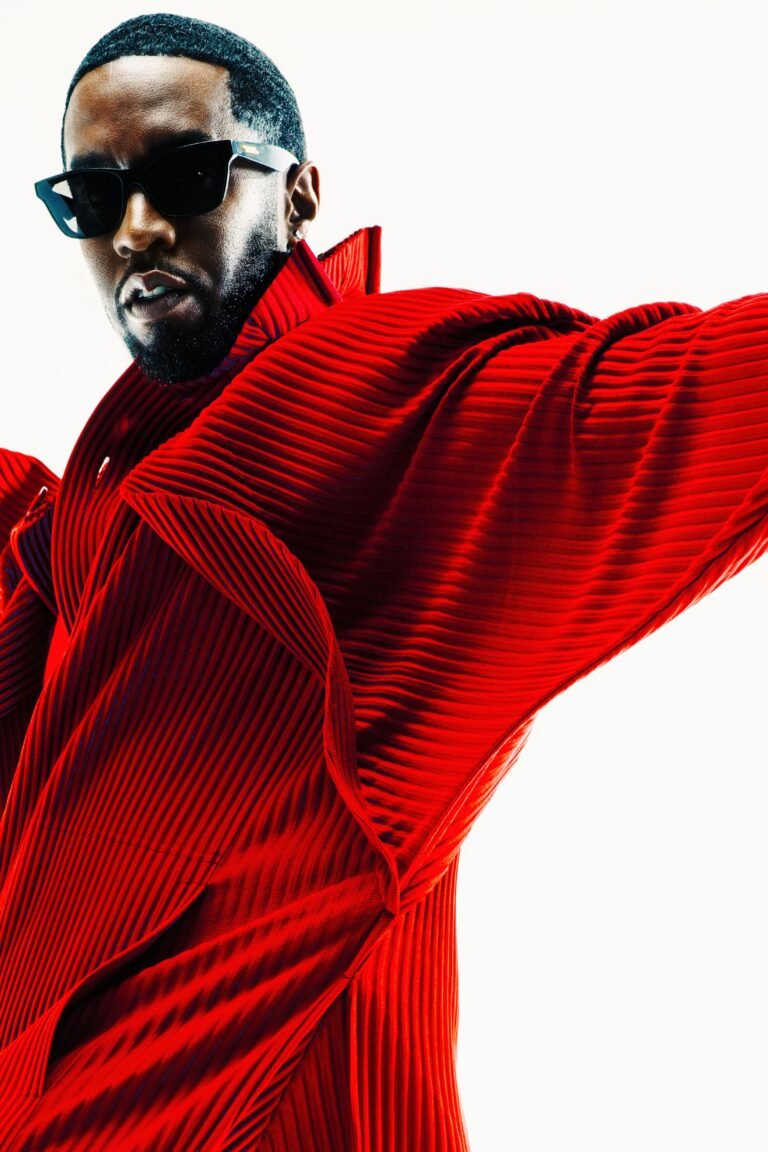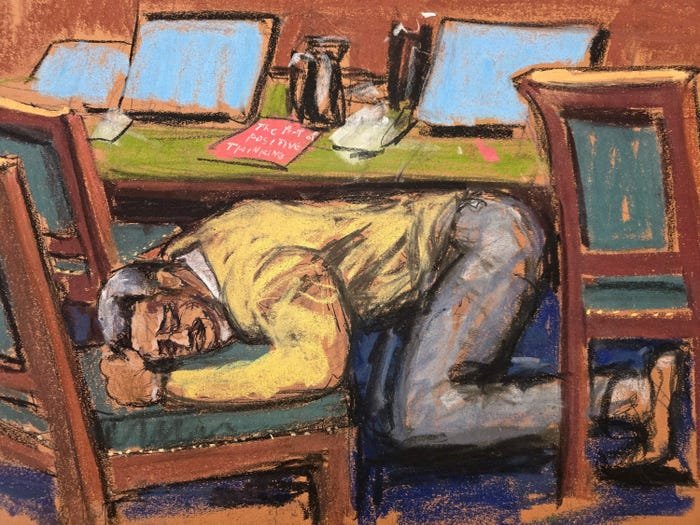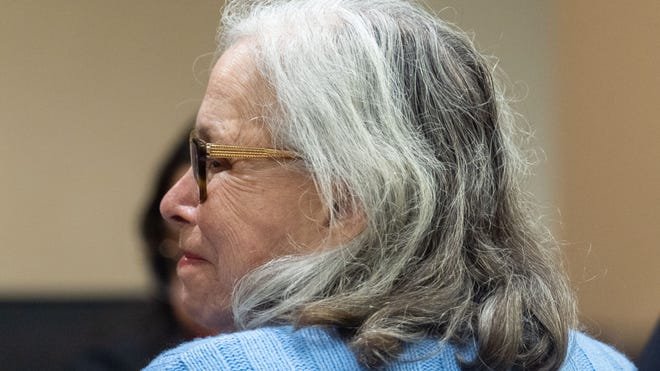
By The General Justice, June 8
The trial of Sean “Diddy” Combs took a sharp turn on June 7, 2025, when his defense team filed a motion for a mistrial, alleging prosecutors allowed witness Bryana Bongolan to lie about a 2016 incident where Combs allegedly dangled her over a 17th-floor balcony.
As fans and legal observers speculate about whether a mistrial could lead to Combs’ release from jail, the answer hinges on legal nuances, not just the trial’s outcome.
The Mistrial Motion: What’s at Stake?
Combs’ defense, led by Marc Agnifilo, argues that Bongolan’s testimony is false, citing metadata from photos of her injuries that allegedly place Combs at Trump International in New York, not Los Angeles, during the incident.
They further claim her story may stem from drug-induced hallucinations and that prosecutors violated ethical duties by failing to correct the testimony, citing Napue v. Illinois (1959).
A mistrial, they say, is the only remedy for this prejudice to Combs’ fair trial rights.Prosecutors, under Assistant U.S. Attorney Emily Johnson, counter that Bongolan’s account is credible, supported by a text from Cassie Ventura referencing Combs’ aggression.
They frame the incident as part of a pattern of violence central to the racketeering and sex-trafficking charges, which could carry a life sentence if Combs is convicted. No ruling has been reported on the motion, leaving the trial in its fourth week on pause.
Does a Mistrial Mean Freedom?
A mistrial doesn’t equal release.
A mistrial stops the trial but doesn’t erase the charges. Combs would still face the same indictment, and prosecutors could retry him.
The government’s case, bolstered by evidence like 2016 hotel footage of Combs assaulting Ventura, suggests they’d pursue a retrial rather than drop the case.
Combs has been detained since September 2024 at the Metropolitan Detention Center in Brooklyn, with bail denied multiple times due to flight risk and witness tampering concerns. Judge Arun Subramanian, overseeing the case, has rejected bail motions, citing Combs’ wealth and influence.
A mistrial wouldn’t automatically change this calculus.
He’d need a new bail hearing, and the defense would have to show the prosecution’s case is significantly weakened.
The Bongolan motion might help, but prior denials make approval unlikely.
The Defense’s Strategy
The June 7 motion is part of a broader defense effort to undermine prosecution witnesses. By alleging perjury and misconduct, they aim to discredit not just Bongolan but the government’s narrative of Combs as a coercive kingpin.
Earlier, on May 28, 2025, Subramanian denied a mistrial motion over testimony about destroyed fingerprint cards in an arson probe, showing he’s reluctant to halt proceedings lightly.
If the mistrial is granted, the defense could push for bail or even dismissal, arguing prosecutorial misconduct warrants dropping the case.
However, “dismissal is a long shot,” says former federal prosecutor David Stein. “The prosecution has too much evidence, and courts rarely dismiss for a single witness’s disputed testimony.”
What’s Next?
If Subramanian denies the mistrial, the trial continues, with more witnesses, including Combs’ former employees, expected. If granted, prosecutors would likely regroup for a retrial, and Combs would remain jailed unless a bail motion succeeds.
Combs’ fate rests on Subramanian’s ruling, expected soon given his prompt handling of prior motions. For now, a mistrial might shake up the trial, but the jail doors are likely to stay closed.
Stay tuned for updates as the courtroom drama unfolds.
Author

Latest entries
 Donna Adelson Trial2025-09-05Donna Adelson Found Guilty on All Counts in Dan Markel Murder Case
Donna Adelson Trial2025-09-05Donna Adelson Found Guilty on All Counts in Dan Markel Murder Case True Crime2025-09-03Epstein Files: Survivors Break Silence on Capitol Hill
True Crime2025-09-03Epstein Files: Survivors Break Silence on Capitol Hill US2025-09-03Cardi B Assault Trial Verdict — She’s Not The Drama
US2025-09-03Cardi B Assault Trial Verdict — She’s Not The Drama US2025-08-30Jim Crow Era — Louisiana’s Split Juries Problem and the Limits of Retroactivity
US2025-08-30Jim Crow Era — Louisiana’s Split Juries Problem and the Limits of Retroactivity






